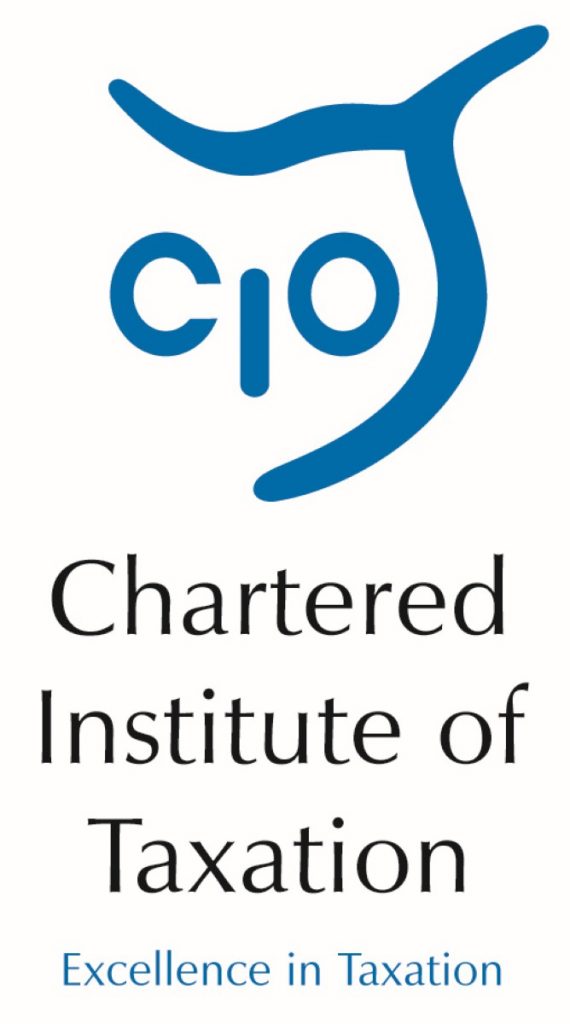The Low Incomes Tax Reform Group (LITRG) is concerned that questions remain about the imminent reduction in the money purchase annual allowance (MPAA) after confirmation in the Budget that it will go ahead and today’s publication of the consultation response document1 and Finance Bill clause.2
Once a person has accessed pension savings flexibly, if they wish to make any further contributions to a defined contribution pension, tax-relieved contributions are restricted to the MPAA. The reduction in the MPAA is designed to further limit individuals who have already accessed pension savings to recycle this cash back into pensions and thereby benefit from tax relief for a second time.
LITRG warned of the consequences for the unwary of the reduction from 6 April 2017 in the MPAA from £10,000 to £4,000 a year, in a consultation response last month.3 It said that some people might unwittingly be caught out by the change. The group asked for two key safeguards: first, that the level of the MPAA be kept under review; and second, that the taxpayer would be able to recover any tax charged as a result of inadvertently exceeding the MPAA from the pension fund.
Anthony Thomas, Chairman of LITRG, said:
“The consultation response document published today gives a welcome commitment to keeping the MPAA under review but it is concerning that there is no explicit commitment to the exact terms of such review. We are simply told that it ‘will be kept under regular review, as are all aspects of the tax system’.4 Given that the Office of Tax Simplification’s ‘List of tax thresholds’5 shows that there are many such monetary limits in the tax system that have been far from regularly reviewed, we would have preferred a clear commitment to a review at least every three years. This is particularly concerning given that pensions freedom is still in its infancy and it may still be too early to predict its impact on savings patterns.
“It is disappointing to note that the response to the consultation does not register our suggestion that it should be made possible for any tax charge created by exceeding the MPAA to be paid out of the pension fund itself, rather than resting with the member. We would be more comfortable with the proposed change if those of limited means were safeguarded from financial hardship if they unwittingly trigger a tax charge on pension savings in excess of the MPAA.”
LITRG also commented in its response to the consultation that some of the guidance on the MPAA currently provided on various government websites is disjointed, inadequate and potentially misleading. The group continues to urge that this is reviewed as a priority and that it is kept under review as the programme of change for public financial guidance develops.
Note to editors
1. The consultation response document can be found at: https://www.gov.uk/government/consultations/reducing-the-money-purchase-annual-allowance
2. Clause 16 of the Finance Bill 2017 makes the change in the MPAA from £10,000 to £4,000 with effect from 6 April 2017. https://www.publications.parliament.uk/pa/bills/cbill/2016-2017/0156/17156.pdf
3. LITRG’s submission to the Treasury can be viewed here.
4. See response document (link in note 2 above), para 2.8.
5. See https://www.gov.uk/government/publications/list-of-tax-thresholds, published in February 2013.
6. Low Incomes Tax Reform Group
The LITRG is an initiative of the Chartered Institute of Taxation (CIOT) to give a voice to the unrepresented. Since 1998 LITRG has been working to improve the policy and processes of the tax, tax credits and associated welfare systems for the benefit of those on low incomes.
The CIOT is the leading professional body in the United Kingdom concerned solely with taxation. The CIOT is an educational charity, promoting education and study of the administration and practice of taxation. One of our key aims is to work for a better, more efficient, tax system for all affected by it – taxpayers, their advisers and the authorities. The CIOT’s work covers all aspects of taxation, including direct and indirect taxes and duties. The CIOT’s 18,000 members have the practising title of ‘Chartered Tax Adviser’ and the designatory letters ‘CTA’, to represent the leading tax qualification.





-01.png)